When life presents us with challenging and unexpected choices, which may perhaps frighten us, our values and the desire to live them coherently emerge clearly.
It's not always easy. The answer, in a situation that requires a free and personal decision, may appear to be a difficult gamble to make, almost a leap in the dark, and we need the strength to go beyond our limits.
But, where can we find this strength? For some it is faith in a supernatural dimension and in a personal God who loves us and accompanies us. For everyone it can be the closeness of friends, of "travel companions" who support us with closeness and trust. They bring out the best in us and help us overcome the apparent "impossibility" of our insufficiencies to achieve the "possible" of a coherent life.
It is the consequence of the community dimension of relationships based on reciprocity. As Chiara Lubich said in 1948, with the typical language of the time: ": «And forward! Not with our strength, petty and weak, but with the omnipotence of unity. If we remain faithful to our commitment [...] the world will see unity"[1].
Going beyond our limits opens us to new opportunities and experiences that might otherwise seem out of our reach, allowing us to believe and testify that all hope is possible.
But is it possible to believe "that everything is possible" in the face of the absurdity of Evil? This is the great question of humanity today and always. An unanswered question that unites everyone, believers and non-believers, on a journey of research that can only be undertaken together. Because if "Evil" remains a mystery, the force of "Good" is equally powerful. There is not an answer, but a perspective of meaning.
Edith Bruck recalled this in a recent interview, deported to Auschwitz at the age of 13 and still today, in her nineties, an authentic witness of peace. When the war ended, she and her sister found themselves faced with a dramatic dilemma. “Five Hungarian fascists who had supported the Nazis begged us to help them return home clandestinely, and we helped them along the way. We shared bread and chocolate with them. It was one of the most intense moments I have ever experienced spiritually. I was treating someone who could have killed my father as a friend.". The decision was not easy and she argued a lot with her sister, but they did it because they thought that perhaps, in this way, these people would never mistreat a Jew again[2].
[1] Chiara Lubich “Letters of the early times”. New City Rome 2010 p. 164
[2] Marisol Rojas – Cadena SER, article on E. Bruck 26/01/2024
